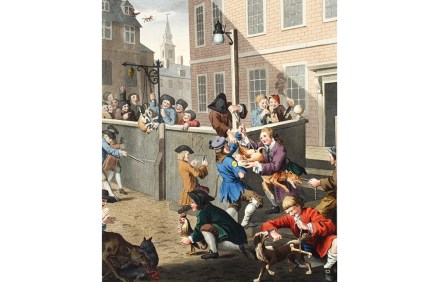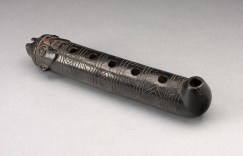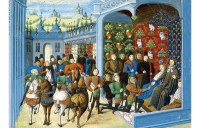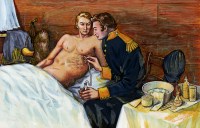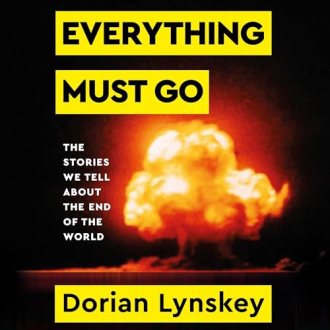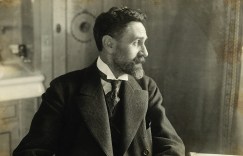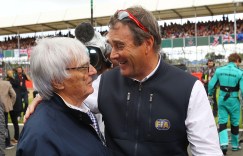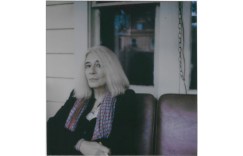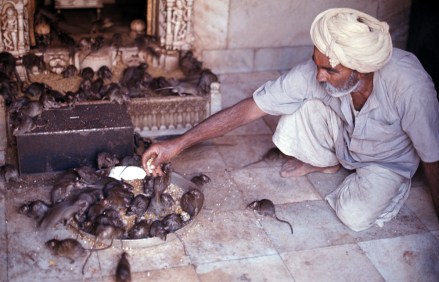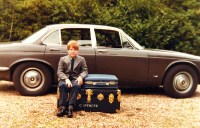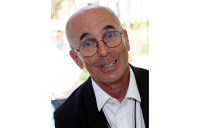Scrawled outpourings of love and defiance
To come across dates and names carved into a choirstall or ancient tree is to experience a momentary frisson, a startled connection with the past. Yet this practice of making ‘unauthorised’ personal graphic statements in public spaces is often thought of as antisocial, something to be erased immediately. Unless of course they are by Banksy, whose spray-painted outpourings cost local councils a great deal to clean off before they came to be regarded as valid documents, articulating the thoughts and imaginings of the disaffected. In her ingenious new book Writing on the Wall, the art historian Madeleine Pelling has chosen to use these often transitory pieces of historical evidence as
